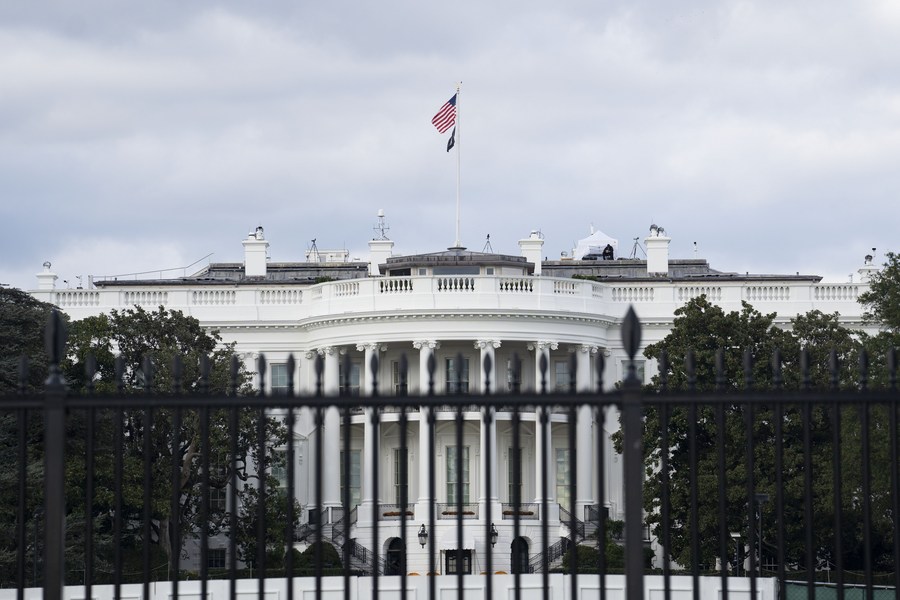Washington's anxieties unwarranted, ultimately fueled by performer politics: China Daily editorial


In a recent interview with Fox News Digital, Republican representative Carlos Gimenez, a member of the United States House Select Committee on Strategic Competition between the United States and China, called China's artificial intelligence and quantum computing pursuits "a lethal combination", and warned the US must win the "race" for AI dominance.
There is nothing new in Gimenez's anxiety over China eroding US dominance on the cutting edge of new tech and his government being poorly prepared for outcompeting China. It is only additional proof of a growing push on Capitol Hill for "decoupling" from China on the technology front.
As Washington moves to plug "loopholes" it has identified in the de facto technological blockade against Beijing, people such as Gimenez are busy connecting the dots as a means to prove their anti-China credentials as they compete to claim the spotlight in the fiercely competitive China-bashing that masquerades as political acumen in Washington.
"We have to win the race for AI because of the application of AI in everything, including military hardware," Gimenez said.
The GOP lawmaker's fears seem to know no bounds. He finds his government's endeavors against China worryingly inadequate. He sees TikTok as a bridgehead of Chinese infiltration, which over time, especially when it is married with Chinese AI capabilities, will prove lethal to the US. He has no lack of a sympathetic audience.
Such fears are also voiced by others keen for some showtime posturing. FBI Director Christopher Wray, for one. With TikTok's access to US users and their data, China may not only conduct brainwashing, but "control and compromise devices", he told a recent congressional hearing.
The potential risks are so severe and pervasive in Gimenez's eyes that his advice is that a watchful eye be kept on all US' "educational institutions that have close ties to Chinese companies" and "Chinese nationals that may be working for the PRC". In his eyes, they should be treated "as basically an extension of the Chinese military".
This may sound far-fetched. But it doesn't to many in the US, where such alarmism is incessantly bombarding the US public. The US propaganda machine runs 24/7, as those in Washington compete to perform their version of "America the Brave" in the hope they'll prove to have that X factor of popular appeal.
The unfortunate consequence of all this showboating is that Washington is indeed headed toward de-linking the two countries in the critical realms of new tech. The Chinese government has pushed to accelerate basic scientific research and Chinese companies have significantly increased their investment in AI and quantum computing, but that is in the context of the US blocking China's access to advanced technologies in recent years.
What is needed is collective efforts and a coordinated response, rather than decoupling and the building of fences as the development of AI and its governance are linked to the fate of all humankind. The US side should create favorable conditions for strengthening international coordination and cooperation in the field of AI and other emerging technologies.


































